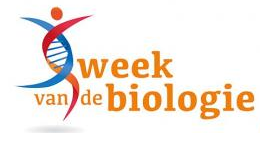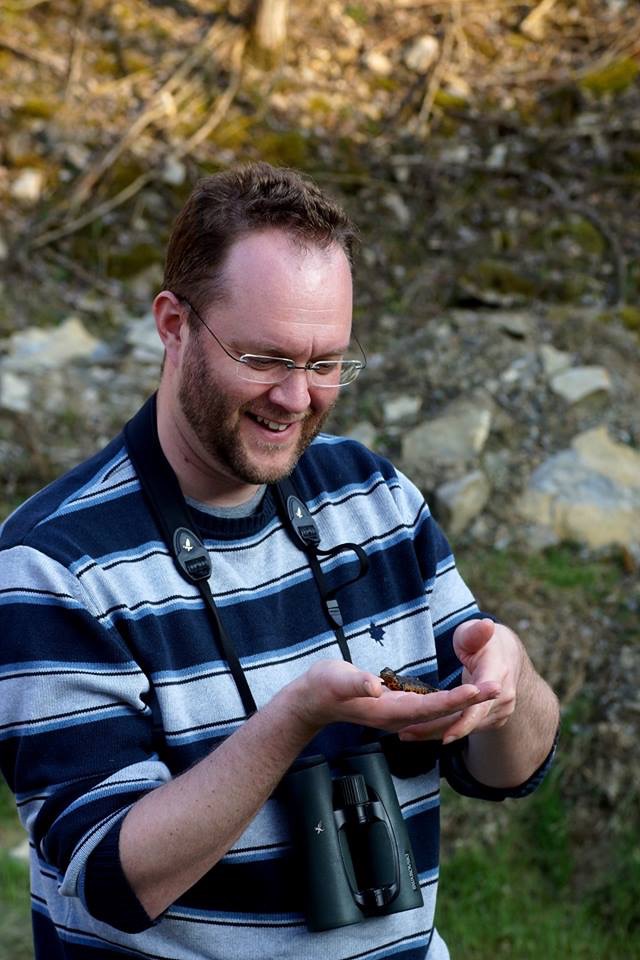
Ben Wielstra about newts, bizarre evolution and Naturalis
Newts of which half of the offspring die before birth. Evolutionary biologist Ben Wielstra is investigating how this can exist in nature. In his research he collaborates with Naturalis Biodiversity Center.

From 30 September to 6 October 2019 it is Biology Week throughout the Netherlands. In this context we highlight a few of our scientists at the Institute of Biology Leiden who have a remarkable collaboration with a research partner in Leiden.
What can you tell about that huge death rate figure that you are researching?
‘I focus on the evolution of so-called Balanced Lethal Systems. In such a system 50 percent of the offspring die during embryonic development. Embryos only survive if they possess two different variants of a certain chromosome. Both parents randomly pass on one of the two variants of this chromosome to their offspring in each germ cell. When an embryo receives the same variant twice, it is not viable. There is a 50 percent chance for this, according to Mendel’s laws of inheritance. That, of course, is a huge mortality rate and seems to be at odds with the theory of evolution, because you expect that such an detrimental system would not survive. And yet it has evolved again and again; it is observed in plants, insects and newts. With my ERC grant I am investigating how such a bizarre situation can evolve. I specifically work on the genus Triturus, better known as the crested and marbled newts.’

What does your collaboration with Naturalis look like?
‘My ERC project is officially located at the Institute of Biology Leiden, but I carry it out in collaboration with Naturalis. For example, Naturalis finances half of one of my PhD students. I also want to do the laboratory work at Naturalis. In this way, both institutes work closely together.’
Now is Biology Week in the Netherlands; what fascinates you about biology?
‘Diversity in nature has always fascinated me. I have a passion for bird watching. The origin of bird species, the relationships between them and their geographical distribution have always fascinated me. Professionally I work on amphibians instead of birds, but it is the same processes that interest me both professionally and privately. It intrigues me how an unfocused process such as evolution can lead to such a huge range of forms and processes.'
What made you decide to study biology and to go into biology research?
‘I could pretend that it was a well-considered decision, but that is not the case at all. Nature has always fascinated me and that was sufficient reason to study biology. I wrote my Bachelor’s thesis at Naturalis about an extremely strange method of reproduction in green frogs. From that moment on I was sold. My supervisor Pim Arntzen suggested that for my Master's research project I would focus on the evolution of crested newts. I never stopped!’

In 2018, evolutionary biologist Ben Wielstra received a Starting Grant from the European Research Council (ERC), a prestigious research grant for talented researchers who have the potential to occupy a leading position. Early 2019 he started his new research project, in which he collaborates with Naturalis Biodiversity Center. Naturalis is well known territory for Wielstra; after his Bachelor’s thesis and Master’s research project at Naturalis he worked there as a PhD student and later as a guest employee.
Come and listen to Ben on Thursday 10 October 2019. Ben will talk about hybrid zones, areas where related species meet and produce offspring (hybrids). His talk starts at 15:30 in the Sylvius Building in Leiden. Entrance is free, the talk is in English. For more information, please visit the agenda.
